As of 2015, approximately 46.8 million people are living with Alzheimer's globally. It is currently the 6th leading cause of death in the united states. So why aren't we talking about it? Why isn't information more widespread? My theory is that most people just don't understand the magnitude and complex facets of the issue.
In response, I chose to create this concise guide to understanding what the disease is, how to recognize it, and how to manage it, as well as how to care with people affected.
My hope is that it will at the very least answer some questions you may have about Alzheimer's, and even possibly have a larger impact - such as allowing and encouraging more people to get involved with the effort to eradicating this terrible disease.
1. Some Basic Statistics
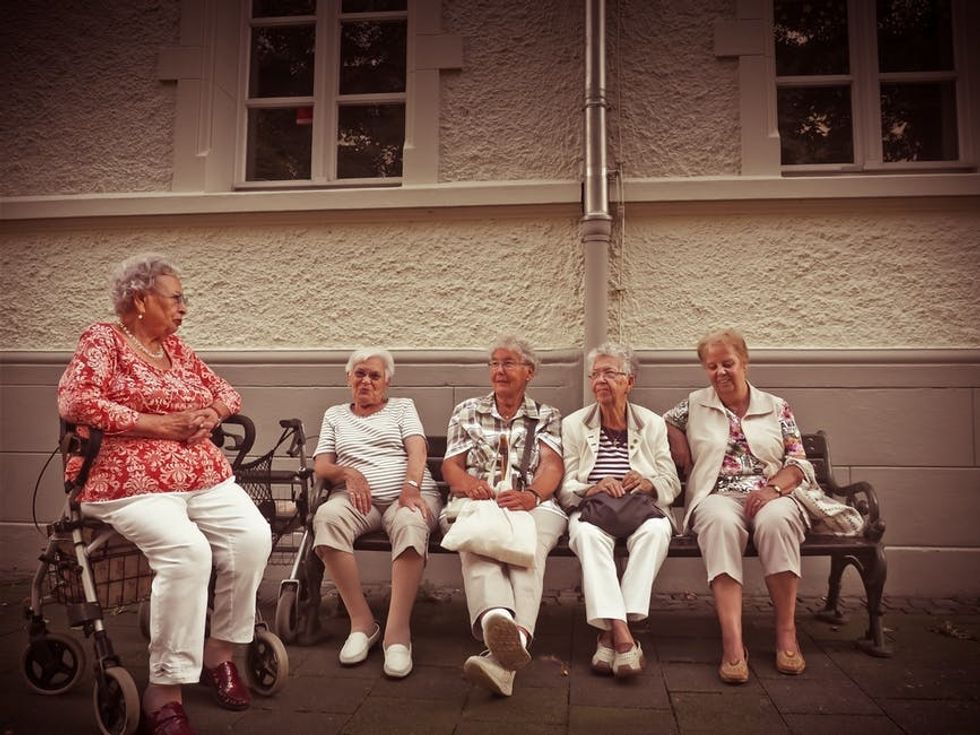
From the 2018 Alzheimer's Association report and the Alzheimer's Disease International infographic.
► Someone develops dementia every 3 seconds worldwide and every 65 seconds in the US.
► In the US, 1 in 3 seniors dies with Alzheimer's or another dementia (which is more than prostate and breast cancer combined).
► By 2050, the number of people affected is projected to rise drastically - from 5.7 million to 14 million in the US alone and from 50 million to 131.5 million globally.
► In the US, deaths from Alzheimer's between 2000 and 2015 have increased by 123%.
► In the US in 2018, Alzheimer's and other dementias will cost the nation $277 billion - projected to rise to $1.1 trillion by 2050. However, early and accurate diagnosis can save up to $7.9 trillion in medical care costs.
► Currently, 16.1 million Americans provide unpaid care to people with Alzheimer's or another dementia. It is estimated that this amounts to 18.4 billion hours and values at about $232 billion.
2. What is Alzheimer's?
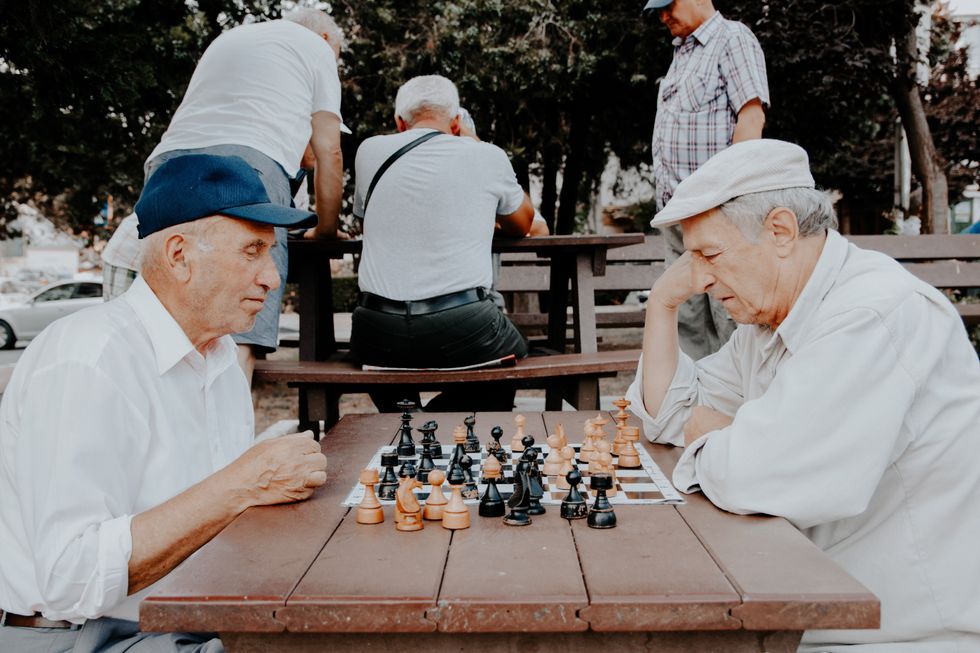
In short, Alzheimer's is defined as:
"A type of dementia that causes problems with memory, thinking and behavior. Symptoms usually develop slowly and get worse over time, becoming severe enough to interfere with daily tasks."
-Alzheimer's Association
So then what is dementia?
"Dementia is a general term for a decline in mental ability severe enough to interfere with daily life. Memory loss is an example. Alzheimer's is the most common type of dementia."
-Alzheimer's Association
In reality, it is much more complicated than this.
3. More details and some science

Alzheimer's disease is one of about 8 types of dementia, some of the others being Parkinson's disease, vascular dementia (when blood flow to the brain is impaired), lewy bodies dementia (when neurons are impaired by masses that develop inside them), and more. In most cases, a patient will experience mixed dementia, which is when symptoms or causes for more than one type of dementia are evident. Alzheimer's disease alone accounts for 60-80% of dementia cases, and is caused by the buildup of protein fragments between and around neurons that impairs how quickly and how often the neurons communicate, and eventually results in neuron death.
4. What that means

Alzheimer's affects everyone that has it slightly differently, but there are several common signs and symptoms of the disease. For example, people with Alzheimer's will often experience confusion with time or place, poor judgement, difficulty with familiar tasks, personality changes misplacing things, and, most commonly, memory loss.
Symptoms
The Alzheimer's Association clearly outlines the 10 signs of Alzheimer's (or other dementias) as:
1. Memory loss that disrupts daily life
2. Challenges in planning or solving problems
3. Difficulty completing familiar tasks at home, at work or at leisure
4. Confusion with time or place
5. Trouble understanding visual images and spatial relationships
6. New problems with words in speaking or writing
7. Misplacing things and losing the ability to retrace steps
8. Decreased or poor judgment
9. Withdrawal from work or social activities
10. Changes in mood and personality5. Preventative measures
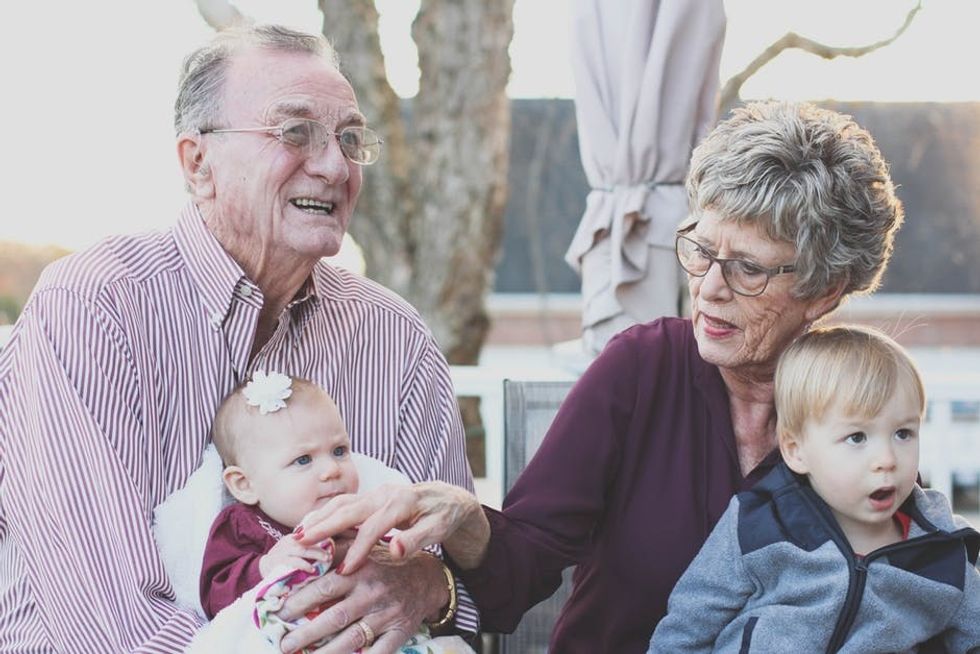
If Alzheimer's affects so many people, how can you prevent yourself or your loved ones from developing it? While there is no cure, there are several proactive ways to increase your chances of delaying the onset, preserving brain function and managing symptoms.
a. General health maintenance
For young people, maintaining a healthy lifestyle and a full social life will help prevent early onset Alzheimer's. These are a few preventative measures that can be built into any schedule:
► Challenge your brain: do puzzles, play mind games, try new things, learn something new
► Be social: meet new people, have in-depth conversations, join a new group/club/team, get involved with the community
► Stay healthy: exercise, eat right, go to the doctor, find a hobby you enjoy
b. Know the risk factors
#1: Age
Age is the most prevalent risk factor, with the chance of developing Alzheimer's increasing dramatically around age 65. It is important to note that developing a dementia is NOT a normal part of aging.
"[...] the percentage of people with Alzheimer's dementia increases dramatically with age: 3 percent of people age 65-74, 17 percent of people age 75-84 and 32 percent of people age 85 or older have Alzheimer's dementia."
-Alzheimer's Association
#2: Family history
A family history of developing Alzheimer's is not necessary for someone to develop the disease, however it does increase the chances. Those who have a first-degree relative (sibling, parent) that has Alzheimer's have a higher risk of developing it than people who do not have a first-degree relative with Alzheimer's. Additionally, people with more than one first-degree relative with Alzheimer's have an even greater risk than people with just one properly diagnosed relative.
#3: Genes
The Apolipoprotein E (APOE) gene provides the blueprint for a protein that transports cholesterol in the blood. There are three forms of the APOE gene: e2, e3, and e4. Everyone inherits one form from each parent, resulting in a pair (i.e. e3/e4, e2/e2, etc). Research has shown that the e4 form of the gene increases one's risk of Alzheimer's, while the e2 form decreases risk. The e3 form is not shown to have an affect. People who inherit one copy of the e4 gene have 3x the risk of developing Alzheimer's, and people who inherit two copies of the e4 gene have 12x the risk.
c. Be able to identify early warning signs
All of the aforementioned symptoms have early warning signs that indicate Alzheimer's encroaching. Being able to identify these signs will greatly increase the chance of being able to more effectively manage the oncoming disease and preserve quality of life.
6. Treatment
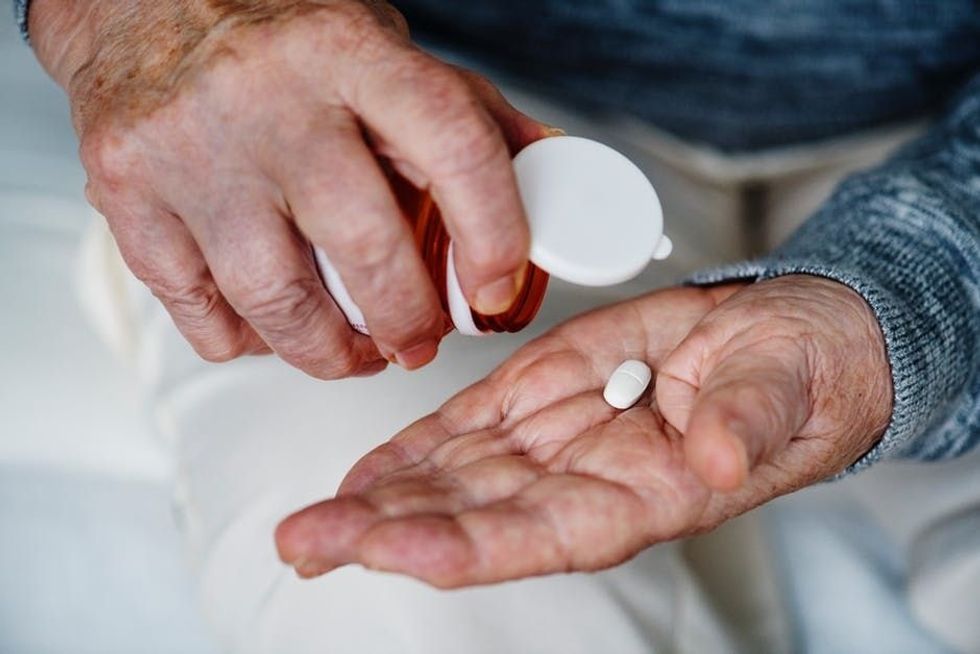
While there are no pharmaceutical treatments available now that slow or stop neuron death associated with Alzheimer's, the FDA has recently approved several new drugs for testing. Furthermore, there are many clinical trials for a treatment for Alzheimer's. In addition, there are several non-pharmaceutical methods of treatment that are meant to preserve cognitive function.
7. Caring for diagnosed loved ones
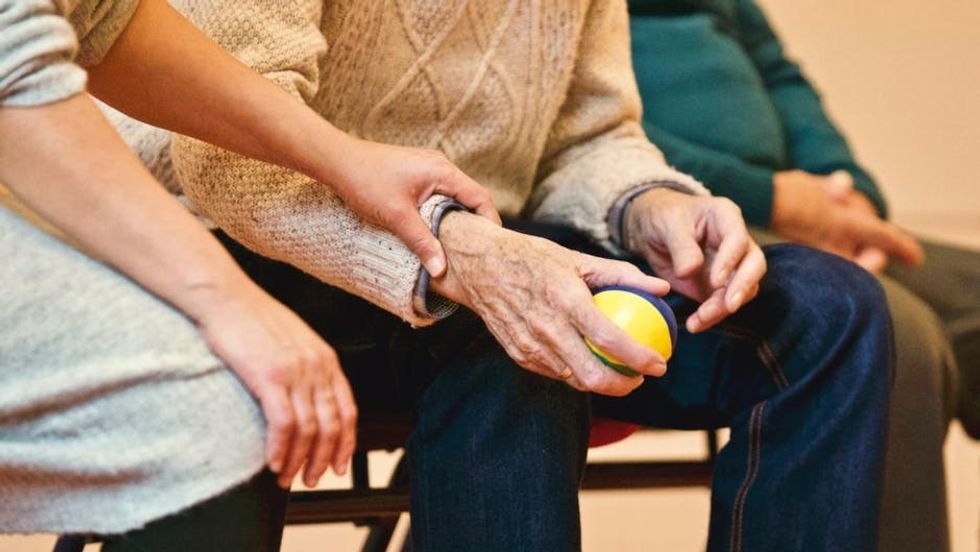
The most important thing to remember when caring for someone with dementia or Alzheimer's is that the progression of their disease is just as distressing to them as it is to you. Here are some other things to keep in mind:
► Patience is a virtue, especially when dealing with issues related to memory loss - answer their questions graciously no matter how many times they ask.
► Always be ready to help, but not overbearing, as they are still adjusting to needing so much help.
► Make sure they keep up with their friendships - social interaction is crucial to cognitive preservation.
► Remember that some days will be better than others and recognize these patterns
► Remind them constantly how much you care for them
► Do not be overly distressed if they forget you name - they will know who you are and that you are important to them longer than they will remember your name
► Don't forget to think about yourself - caring for yourself ensures that you will be able to care for them8. Get involved

Research for a cure of Alzheimer's is ongoing! You can help by donating, fundraising, volunteering, becoming a caregiver, or just being supportive. The Alzheimer's Association has plenty of opportunities for all of these things, one of the best being the Walk to End Alzheimer's (see link below). It is a great way to connect with other affected community members and support efforts to end Alzheimer's for good.

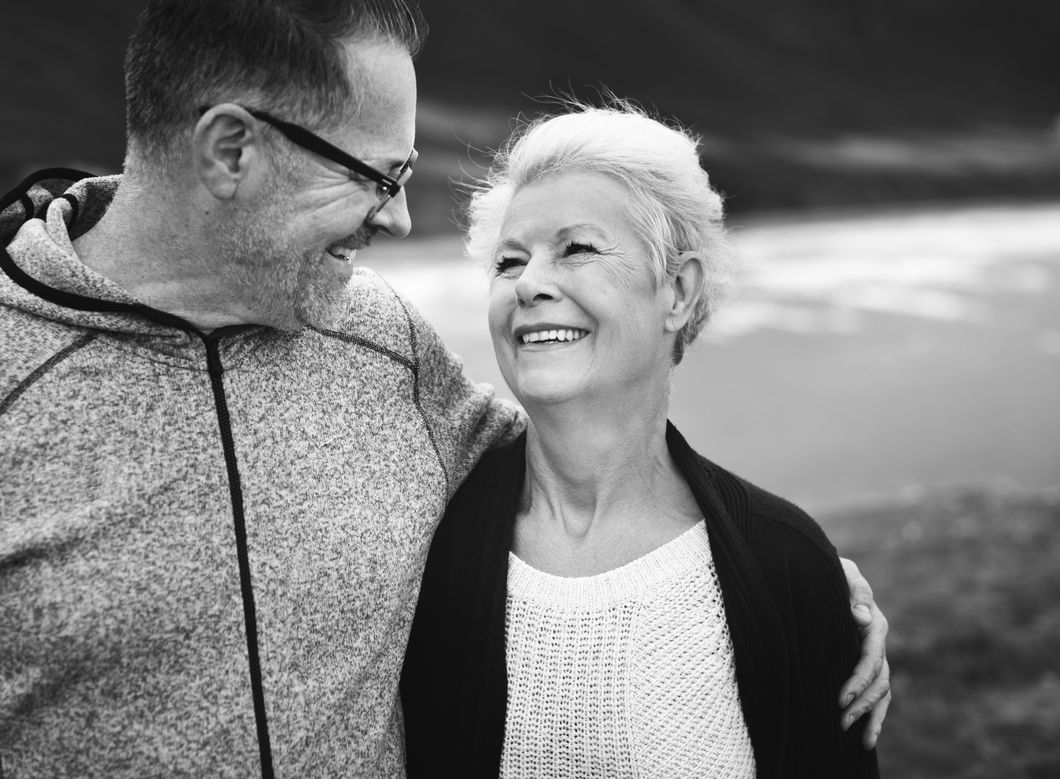


 Energetic dance performance under the spotlight.
Energetic dance performance under the spotlight. Taylor Swift in a purple coat, captivating the crowd on stage.
Taylor Swift in a purple coat, captivating the crowd on stage. Taylor Swift shines on stage in a sparkling outfit and boots.
Taylor Swift shines on stage in a sparkling outfit and boots. Taylor Swift and Phoebe Bridgers sharing a joyful duet on stage.
Taylor Swift and Phoebe Bridgers sharing a joyful duet on stage.













